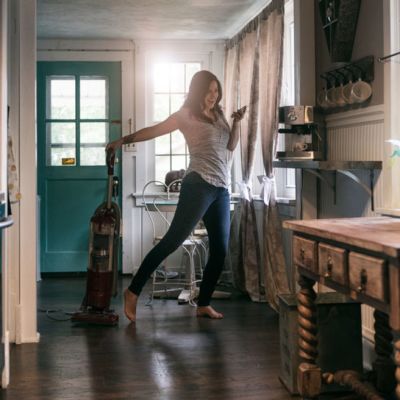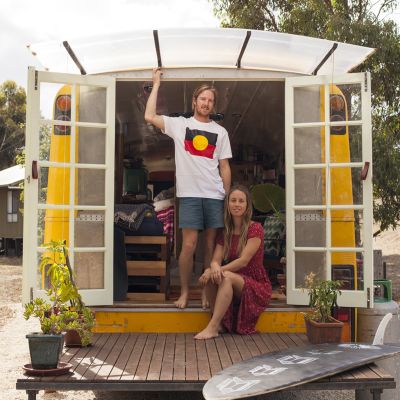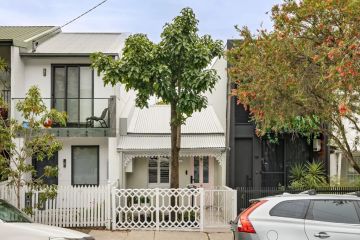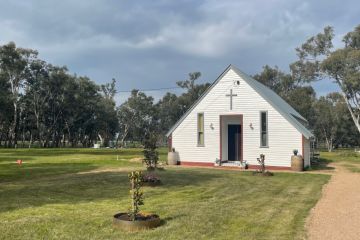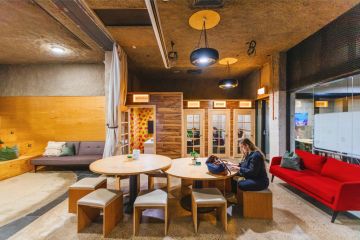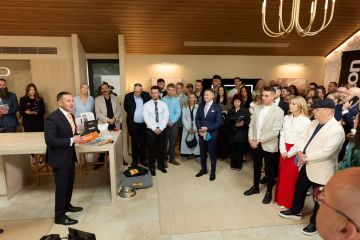Tiny living: A life in Paris in just 21 square metres
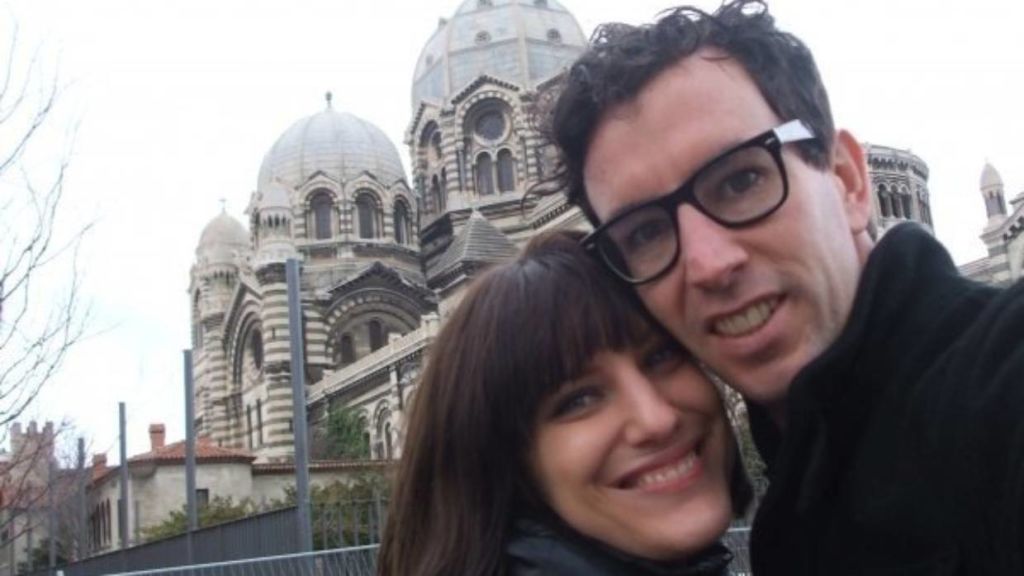
‘I give this six months’, I thought.
It was moving day, and my husband and I had hauled our worldly belongings — all four bags full — on the Eurostar across from London to Paris. We were now standing on the threshold of our new home: A studio apartment in the Gambetta neighbourhood, in the 20th arrondissement, which measured 21 square metres.
That is, to give you some perspective, 15 square metres smaller than the standard double garage.
For a couple of Kiwis used to even our student flats having backyards, it was a shock.

We had wound up with such a small place partly out of desperation. Paris’ rental market is fiercely competitive, and whenever an apartment is being shown the line of prospective renters snakes out of the building, sometimes around the block, each person clutching a thick file full of bank statements, pay slips and references.
If you don’t have a French guarantor who can prove they have the means to pay your rent if you default, and referees in the form of French landlords or employers, you’ll be out in the cold unless you find a letting agent who takes pity on you, as we had done.
We couldn’t afford anything much more palatial, either; we’d arrived in France with one-year working holiday visas and as such we were both working pretty low-paying jobs.
But in Paris, for a couple to live in a studio is not extraordinary. It’s a densely populated city where apartments are the norm and most people, especially young people, don’t expect to live in large spaces.
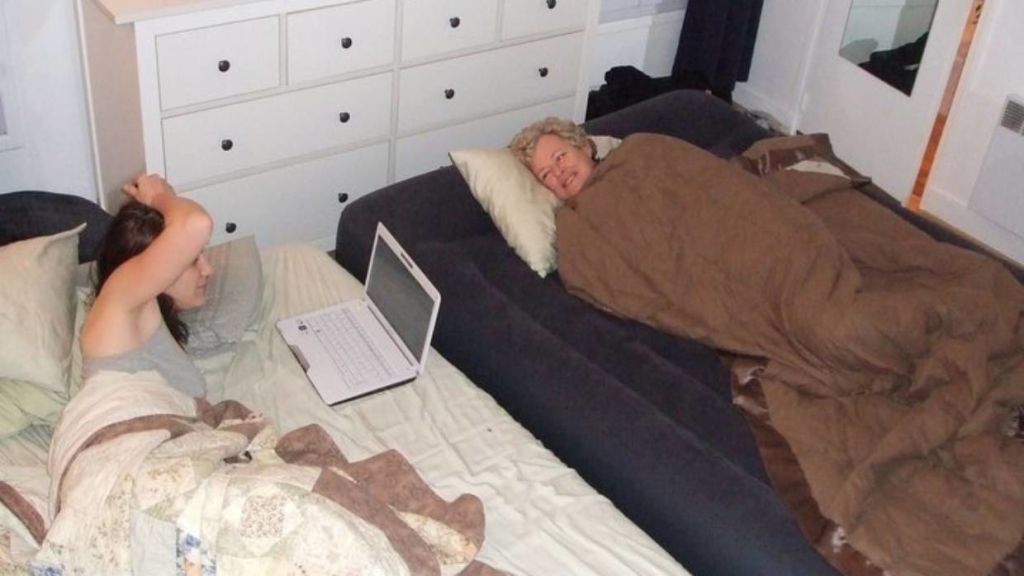
Instead they live a lot of their lives out of their apartments. In a city where kitchens and dining spaces are often small, delicious cheap restaurant options abound; Parisians make great use of public spaces like parks and town squares, and it’s totally acceptable to linger for an hour over a single espresso in a cafe.
We fell in love with Paris and decided to stay. We lived in that studio – even when our income had quadrupled – for four and a half years.
There are some hacks to living in a tiny space (and there’s a reason why France is Ikea’s third-largest market).
First, you want furniture that folds down small and/or does double duty. In our studio, for example, we had what’s known locally as a “click-clack,” basically a sofa that folds down into a futon. We had a flap table that was essentially a shelf with both flaps down, but sat two people with one flap up and four with two. Our chairs folded flat and could be tucked away under the couch/bed when not in use. Our only other real piece of furniture was a large chest of drawers that contained everything we might need to store away, from clothes to documentation to electronics.
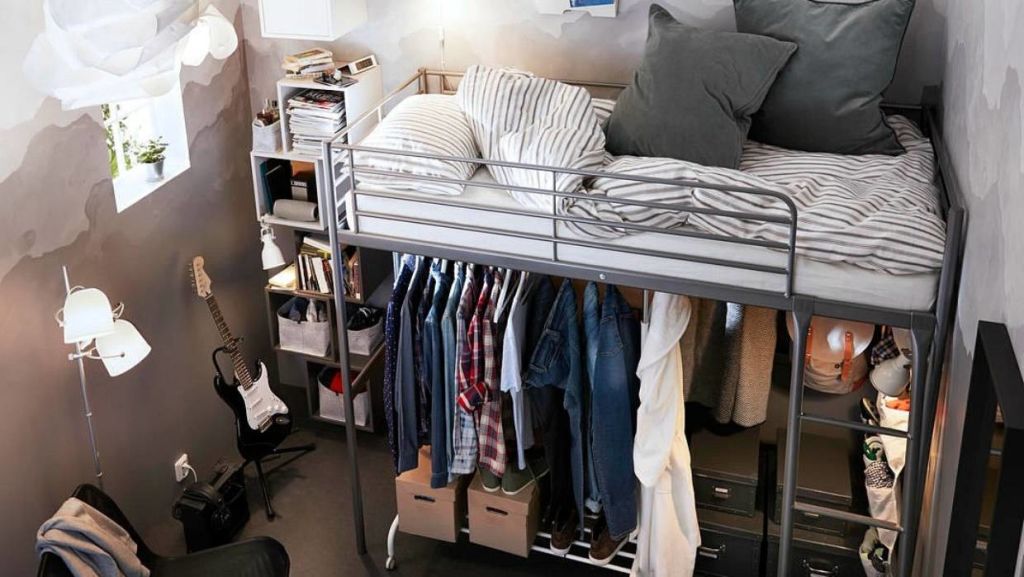
You also need to think about how to use space when it’s not in use. Devoid, for example, of any counter space in our teeny kitchen – a small annex off the main room that probably measured 1 metre square – we found a chopping board that fit over our sink.
I’ve never been neater in my life than I was for those four and half years.
Living in a studio also taught me to be conscious of what I buy, and not just in terms of objects. French people are in the habit of shopping for food more frequently and, in my experience, more thoughtfully. There are few large supermarkets within Paris but most people buy bread fresh on the day they want to eat it. A wedge of cheese here, a few slices of cured meat there – when you have the equivalent of a beer fridge and one shelf to store food on, you don’t have the means to stock up (nor the corners in which things go off before you get to use them).
It’s true that Australians have historically been blessed with space – oodles of it. But if we want to live big city lives, we need to adjust our expectations and look at how people live in older big cities – like Paris – as a guide.

In those cities, renters understand that their rent pays for more than just the square meterage of their apartment. It pays for the full inner-city experience, where shops, restaurants, bars and theatres are literally on their doorstep and there’s no need to own a car.
Instead of looking at tiny apartments as the sign of a rental crisis, maybe we should think of them as the way out of one.
Students and young professionals don’t need a huge amount of space to live in, as long as their home is of a decent quality (apartments don’t need to be luxurious). Not only do correctly priced studio apartments mean that more people can be housed in any given building, they allow city-dwellers to engage more fully with the city in which they live.
This story originally appeared on stuff.co.nz
We recommend
We thought you might like
States
Capital Cities
Capital Cities - Rentals
Popular Areas
Allhomes
More

